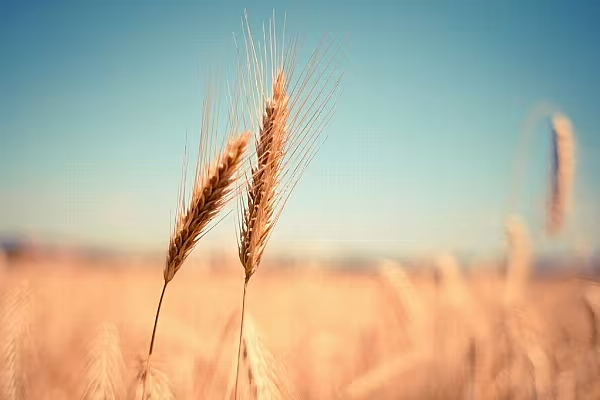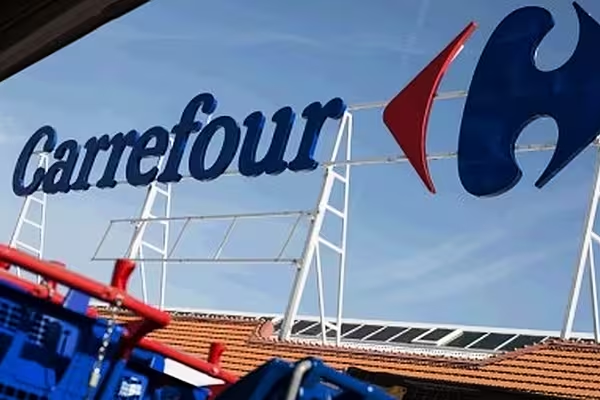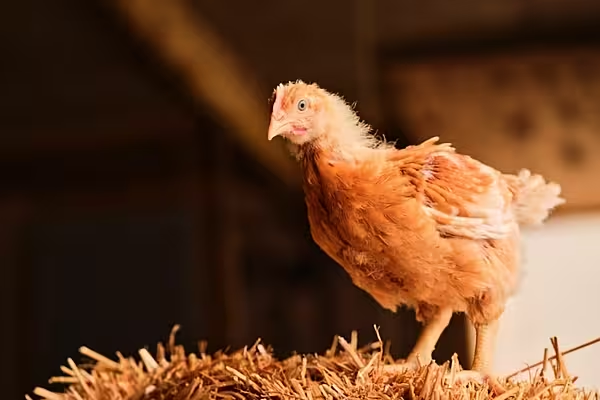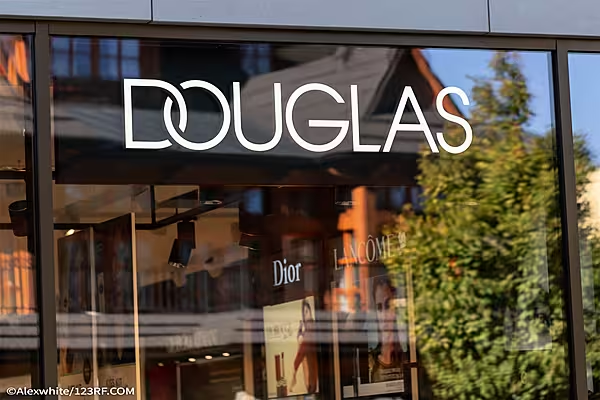Protesting farmers demanding just prices and less red tape blocked the border between Belgium and the Netherlands on Friday, whilst their peers in France started lifting blockades countrywide after the government made further concessions.
Farmers' protests have erupted in numerous European countries from France to Poland, exposing tensions over the impact on farming of the European Union's drive to fight climate change, rising costs and competition from abroad.
The frustration came to a head in Brussels this week, where farmers threw eggs and stones at the European Parliament and set off fireworks as they demanded EU leaders at a summit nearby do more to help them.
Belgian and Dutch farmers blocked several border crossings between their countries on Friday as they continued to prevent trucks entering or leaving the port of Zeebrugge, which handles car imports and some fresh produce from the United Kingdom and elsewhere.
Carmakers sending deliveries through Zeebruggee include Tesla, BMW, Mercedes, Hyundai and Volvo, a port spokesperson said, adding that the port's capacity was fast filling up with vehicles stuck on the quay. Around 2,000 trucks were backed up outside the port.
Belgian prime minister Alexander De Croo urged his farmers to lift their blockades.
French Farmers
French farmers, meanwhile, were dismantling many of their roadblocks made of hay bales at dozens of sites across France, including several highways leading into the French capital, pausing their protests after receiving more government pledges.
"The roadblocks are being lifted region by region. Some are still in place but little by little, during the morning, they will be removed," Jerome Despey, a senior official from the FNSEA farmers' union, told franceinfo radio.
The French farmers said president Emmanuel Macron's government now needed to act fast on its pledges, which have included scrapping plans to raise tax contributions on tractor diesel, an easing of pesticide regulations, a pause on new fallow land rules, and more safety checks on food imports.
Their return to farms will bring some respite to France's new prime minister Gabriel Attal, 34, but elsewhere in Europe governments were still scrambling to quell the spreading anger.
Greece's government said it would extend a special tax rebate on agricultural diesel by a year to help support farmers, whose demands also include cheaper electricity and faster compensation for crops and livestock lost to flooding.
French agricultural Marc Minister said more hard work lay ahead. "The farmers haven't given us a free pass for eternity," he said.














